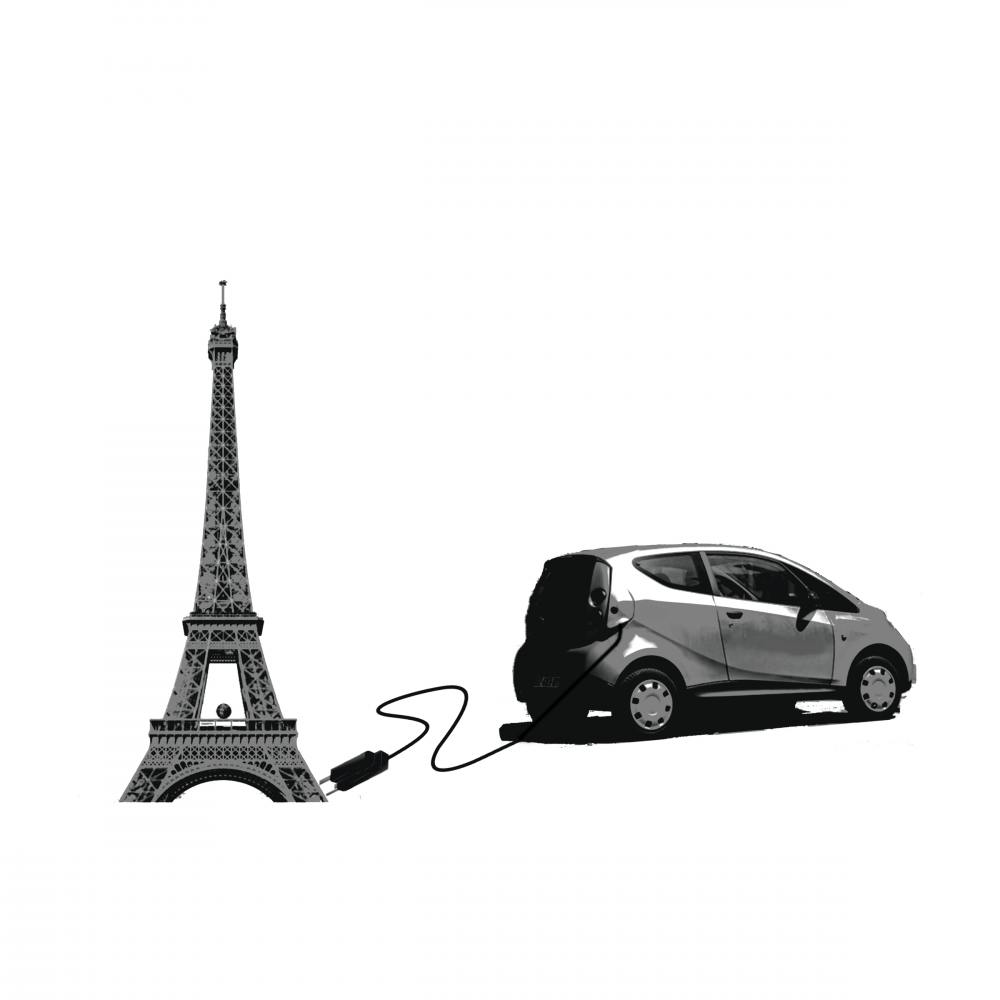Parisian Mayor Anne Hidalgo has been waging a war on air pollution, planning to eliminate diesel-powered cars from the French capital by 2024, and expanding that ban to all vehicles with other traditional combustion engines by 2030.
French President Emmanuel Macron has announced the entire country will similarly be ending the sale of all petrol and diesel vehicles by 2040, hopefully bringing France closer to its goal of being carbon neutral by 2050.
These automobile initiatives should be applauded, but should also be paired with further legislation that strengthens other alternative forms of green energy, sustainable agricultural methods and waste-reducing practices.
Other areas of the world have considered similar bans on diesel and gas powered vehicles, including Norway, the Netherlands, London, India and California.
If America wants to reap the environmental and financial benefits of clean, renewable energy, similar initiatives should be put into place on a national level.
Currently, the transportation sector produces 27 percent of U.S. greenhouse gas emissions, and 14 percent of emissions worldwide.
Automobile initiatives like Mayor Hidalgo’s – which is less a prohibitive ban and more of a financial incentive to buy and make clean vehicles – will reduce carbon dioxide emissions from this sector.
But in order to prevent catastrophic climate change from occurring, atmospheric carbon dioxide emissions need to be stabilized at around 450 parts per million by 2050, which will require an 80 percent reduction in greenhouse gas emissions from industrialized countries.
Transportation reforms are a good first step, but we, as a global community, have an entire marathon ahead of us.
Others have questioned if governmental action is even necessary to push the automobile industry towards greener alternatives to fossil fuel engines. Stanford University economist Tony Seba told reporters for The Guardian that, because of how fast the industry is embracing the fully-electric vehicle, “banning sales of diesel and gasoline vehicles by 2040 is a bit like banning sales of horses for road transportation by 2040: there won’t be any to ban.”
There is also the question of whether electric vehicles really reduce greenhouse gas emissions.
They require potentially destructive mining practices to access the elements necessary to make their batteries, and these batteries will eventually need to be disposed of in an environmentally safe way.
Additionally, recharging the vehicle requires electricity that is often generated by burning coal or natural gas.
This second issue isn’t a problem for France, which generates 80 percent of its electricity using nuclear power, but in the Midwest and Southern regions of the United States, which are highly dependent on coal-generated electricity, electric vehicles may still inadvertently be emitting 300 grams per mile of greenhouse gases whenever they plug in and recharge.
Solar and wind power must grow before U.S. electric cars are truly green.
But even when manufacturing emissions are taken into account, electric vehicles still generate between 8 and 18 fewer metric tons of carbon dioxide, and this reduction grows to 29 metric tons when the electric vehicle solely uses electricity from renewable sources.
Hybrids and electric vehicles are still better than our previous alternatives, even when coupled with an unfortunately emissions-heavy American energy sector.
France’s initiative will certainly reduce the country’s greenhouse gas emissions. But France, as well as other industrialized nations around the world, should still continue to find methods of reducing their carbon footprint outside of the transportation sector.
The U.S. has an even longer way to go. The U.S.'s continued dependence on fossil fuels, coupled with our current administration’s idiotic refusal to reduce emissions or incentivize renewable sources of energy, means our journey to save our planet has a lot of roadblocks.




